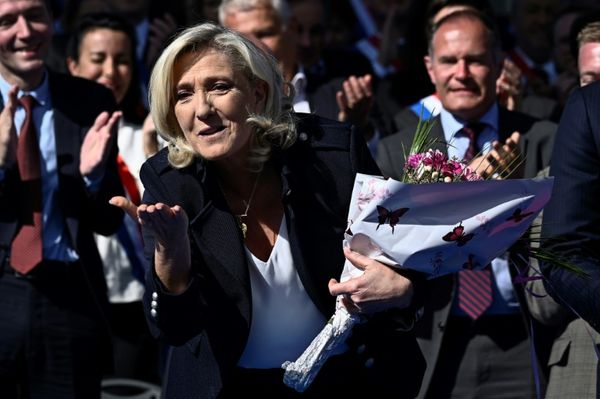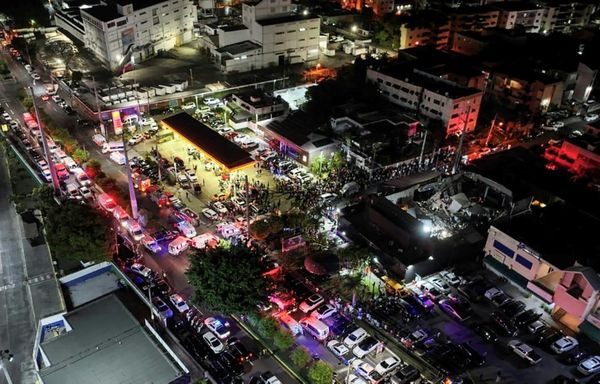
A government cleaner has described how he and his colleagues feel powerless to refuse difficult situations such as clearing up after parties, amid alleged maltreatment and low pay.
Sue Gray’s report on the Partygate scandal disclosed that government cleaners and security guards were subjected to a “lack of respect and poor treatment” while officials drank excessively, spilled wine on the walls and partied into the small hours.
Vincente Gomes, a cleaner at the Ministry of Justice, told the Guardian: “We don’t feel good about these situations, but we have to do it – it’s almost mandatory. We are not well treated, we are badly paid even when we have to work many nights, and we are really sad about this. There is a lack of respect and the past few years have been very bad.”
Gomes is the cousin and former colleague of Emanuel Gomes, a government cleaner who died after going to work at the MoJ during lockdown despite feeling seriously unwell.
Emanuel had feared losing pay and so went to work with a fever, it has previously emerged. He was helped home by a colleague and died within hours. This was before widespread Covid testing, and the official cause of death was hypertension of the heart.

Emanuel’s name made headlines this week when the BBC’s Nick Robinson mistakenly said that he had been part of the team cleaning up at Downing Street.
Emanuel’s family are launching legal action against the Ministry of Justice and the cleaning subcontractor OCS over what they claim were health and safety failures linked to his death.
Vincente Gomes said: “My cousin should not have been working when everyone was home and still receiving pay. It was a very sad time for cleaners. I didn’t know he had been in the news. But hearing about these parties, I think, ‘How can that be allowed to happen?’ I have been so sad since he died; this is my cousin and I couldn’t even find him when he was dying to be with him.”
Gray’s report triggered widespread condemnation of the treatment of government cleaners, and prompted the prime minister to apologise.
The chair of the British Cleaning Council (BCC), representing cleaning and hygiene workers, has written an open letter asking to meet the head of the civil service, saying: “The BCC is appalled and upset at the ‘lack of respect and poor treatment of security and cleaning staff’ in No 10.”

Gomes was planning to join a protest outside Downing Street on Friday evening to demand better pay and conditions.
“I am protesting because we have been mistreated and badly paid,” he said. “I start at 8.30pm and I work until five in the morning. I work five days a week at £9.50 an hour and I don’t even get £1,500 a month. How does that work? How can I pay for my house? With a loan? I don’t know how I’ll get on my feet and ever have a family. I can’t. It’s a sadness, and it’s been so long and they can’t give us a raise. We get nothing.”
Emanuel Gomes is buried at home in Guinea, which he left to find work so that he could support his family. His friends and family raised more than £25,000 to repatriate his body.
Speaking from Portugal, Emanuel’s brother said he felt the situation was unjust. Leao Gomes said: “When I called him and he said he was still working during the pandemic, I was confused why he was not at home too. Everyone was at home, confined, but he was working for the state and they told him to go in.
“Losing him from so far away is awful. I spoke to him in the evening and the next day a neighbour called to say he died. Now we have lawyers involved.”
An MoJ spokesperson said: “Our thoughts remain with the family and friends of Mr Gomes. We are extremely grateful to all the staff who ensured our buildings remained safe throughout the pandemic for those who could not work from home – such as operational Prison Service colleagues.”
The OCS cleaning company has been contacted for comment. At the time of the controversy around Emanuel Gomes’s death, OCS said it followed public health guidelines at all times and was not responsible for the decision to keep particular government sites open.







